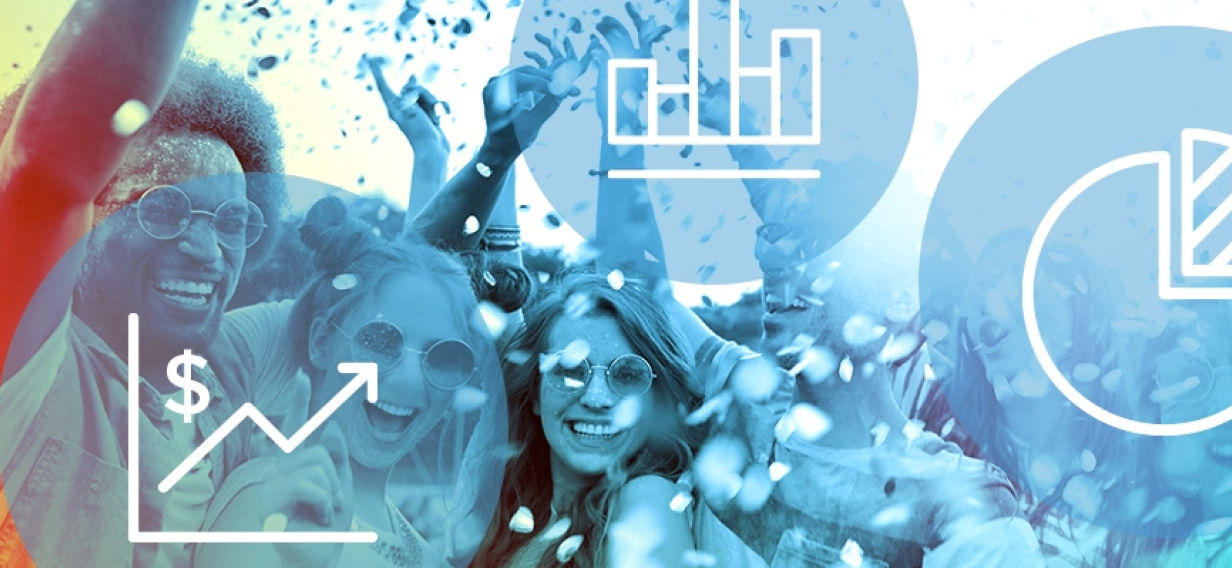
Experiential Marketing: Achieving True Event ROI Through Data Science
As head of 9Rooftops experiential marketing group, I’ve seen firsthand how companies can struggle with experiential marketing when they lack a solid data science strategy. Without the right data insights, it’s easy to feel lost or uncertain about the ROI of event activations. By integrating data science early in the planning stages, we can turn experiential marketing into a measurable and effective tool for brand growth.

If you have ever spent any time planning and managing events for brands, there is an excellent chance you have asked or been asked these questions before. While there are plenty of directional indicators to measure success, brands and experiential agencies like 9Rooftops long for more reliable measurement tools to validate true event ROI.
Enter Data Science into the equation and the art of experimental design, which, in simple terms, is organizing your plan so that you have the right data to effectively answer your commercial objectives.
By integrating data science into experiential marketing from the earliest planning stages, we can lay the groundwork for more effective and efficient events and provide more impactful recommendations — all of which lead to increased awareness, brand engagement and growth.
9Rooftops’ recent experiential marketing work for a global spirits brand serves to illuminate how targeted data science delivers better results and, ultimately, more impactful events.
Although data science is highly complex, the results can be easy to digest and highly actionable.
Experiential Marketing Results Unveiled
Results uncovered through our data science work included:
- $500K in incremental profit in retail accounts over a 20-month measurement period directly attributed to the event activity.
- After six events in a single account over the same measurement period, the sales lift ROI became minimal. The frequency model works but has clear ROI limitations.
- A deep market analysis showed a clear path of which markets should be invested in to maximize sales results including why the efficiency gap exists and what to do about it.
This experiential marketing example is indicative of a larger belief at 9Rooftops: we believe that data is only as useful as the lens we view it through. We have seen refined data analysis yield more effective experiential marketing efforts for a wide range of clients, products and projects, and it’s important to note that this is a dynamic process of continual realignment.

Shifts and evolutions in client objectives, market factors and consumer feedback require revisiting the data and asking new questions, like:
- How have our assumptions changed?
- What untapped data aspects might we consider?
- What supplemental data points are available?
By communicating our process to clients and working together to continually refine and realign priorities, we can approach data through a new lens, performing robust analysis to produce a better ROI on experiential marketing efforts. This approach has helped our clients become more effective with their marketing spend and ultimately drive more impactful results.
This is not an advertisement, and solely reflects the views and opinions of the author. This website and its commentaries are not designed to provide legal or other advice and you should not take, or refrain from taking, action based on its content. Additionally, unless otherwise stated, neither 9Rooftops nor the author is involved in, or responsible for, the marketing or promotional efforts of the individuals or entities discussed.

